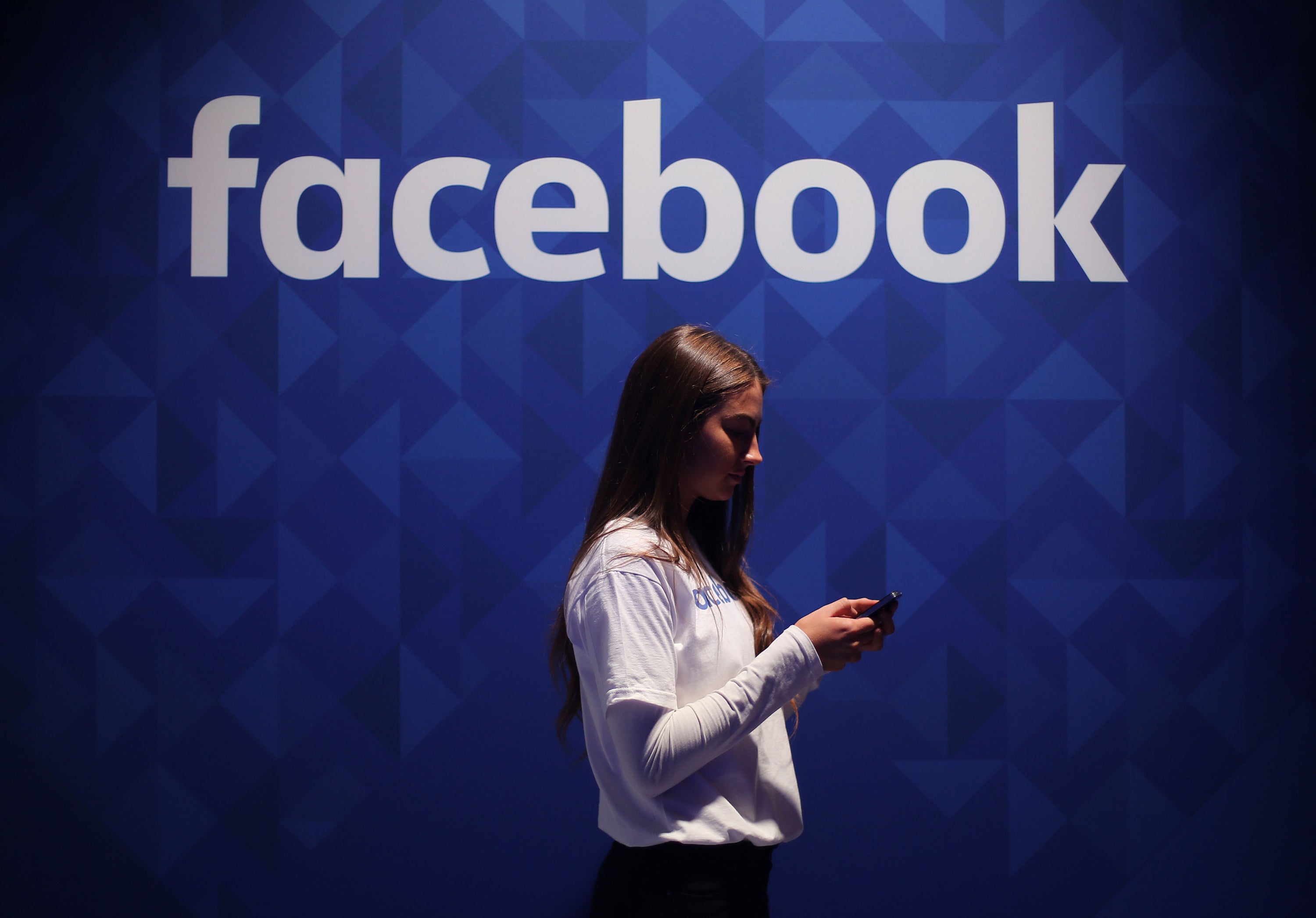Facebook to shut down facial recognition technology and delete data on a billion people’s faces

Your support helps us to tell the story
From reproductive rights to climate change to Big Tech, The Independent is on the ground when the story is developing. Whether it's investigating the financials of Elon Musk's pro-Trump PAC or producing our latest documentary, 'The A Word', which shines a light on the American women fighting for reproductive rights, we know how important it is to parse out the facts from the messaging.
At such a critical moment in US history, we need reporters on the ground. Your donation allows us to keep sending journalists to speak to both sides of the story.
The Independent is trusted by Americans across the entire political spectrum. And unlike many other quality news outlets, we choose not to lock Americans out of our reporting and analysis with paywalls. We believe quality journalism should be available to everyone, paid for by those who can afford it.
Your support makes all the difference.Facebook will shut down its facial recognition system after it was the subject of huge numbers of privacy complaints.
The site will no longer automatically recognise people when they are in photos and videos. That tool was marketed as helping tag people in photos that were uploaded, but also allowed Facebook to build a vast library of facial recognition data on the people who use it.
Facebook also said that it would delete that data, in a move that will see it destroy more than a billion people’s individual facial recognition templates.
It said that the decision had been taken as part of a “company-wide move to limit the use of facial recognition in our products”.
Removing it will “represent one of the largest shifts in facial recognition usage in the technology’s history”, Facebook said. More than a third of its users had opted into the system that allowed them to be recognised in other people’s photos.
Facebook said that it had made the decision because of “growing concerns about the use of this technology as a whole”. It noted that the debate about the use of facial recognition technology is ongoing, though did not specifically relate that to its many privacy scandals and controversies.
It did note that it still considers facial recognition technology useful in some instances, such as allowing people to access locked accounts and identifying people for blind or visually-impaired users.
Until now, the technology has been used to automatically generate image descriptions that allow people using its accessibility features to be told who is in a photo, for instance. That will be turned off, along with all the other features powered by the technology.
It said that it will continue to work on facial recognition technology within the company, but committed to engage with outside experts on the ethics of using it and to plan how best to do so.
The changes will mean that the various bits of facial recognition technology used across the Facebook products will be removed “over the coming weeks”, Facebook said.
Join our commenting forum
Join thought-provoking conversations, follow other Independent readers and see their replies
Comments